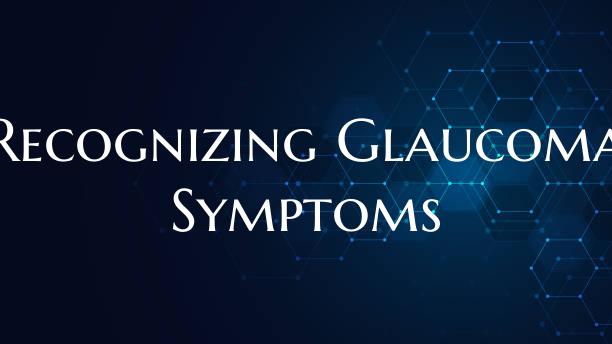
Recognizing Glaucoma Symptoms
Glaucoma is a serious eye condition that can lead to permanent vision loss if left untreated. Recognizing the symptoms of glaucoma is crucial in order to seek timely medical intervention and prevent further damage to the eyes. Here are some common symptoms of glaucoma to be aware of:
1. Vision Loss: One of the primary symptoms of glaucoma is the gradual loss of peripheral vision. Initially, this may go unnoticed by the individual as the central vision is typically unaffected in the early stages.
2. Blurred Vision: Glaucoma can cause blurry or hazy vision, making it difficult to see clearly. This symptom may worsen over time if the condition is not addressed promptly.
3. Halos around lights: Some people with glaucoma may experience seeing halos or rainbow-colored rings around lights, especially at night. This symptom is often associated with increased intraocular pressure.
4. Eye Pain and Headaches: Glaucoma can cause eye pain, discomfort, or headaches, particularly when the intraocular pressure is elevated. These symptoms may come and go but should not be ignored.
5. Nausea and Vomiting: In more severe cases of acute angle-closure glaucoma, symptoms such as nausea and vomiting may occur alongside intense eye pain. This constitutes a medical emergency and requires immediate attention.
6. Redness in the Eye: Persistent redness in the eye, especially coupled with any of the above symptoms, could indicate an underlying issue such as glaucoma.
7. Changes in Vision Quality: Individuals may notice changes in the clarity or sharpness of their vision, often described as a loss of contrast sensitivity. Colors may appear faded, and fine details may become harder to distinguish.
It's important to remember that glaucoma is often asymptomatic in its early stages, which is why regular eye exams are crucial for early detection and treatment. If you experience any of the above symptoms or have a family history of glaucoma, make sure to schedule an appointment with an eye care professional for a comprehensive eye examination. Early diagnosis and appropriate management can help preserve your vision and prevent the progression of glaucoma.